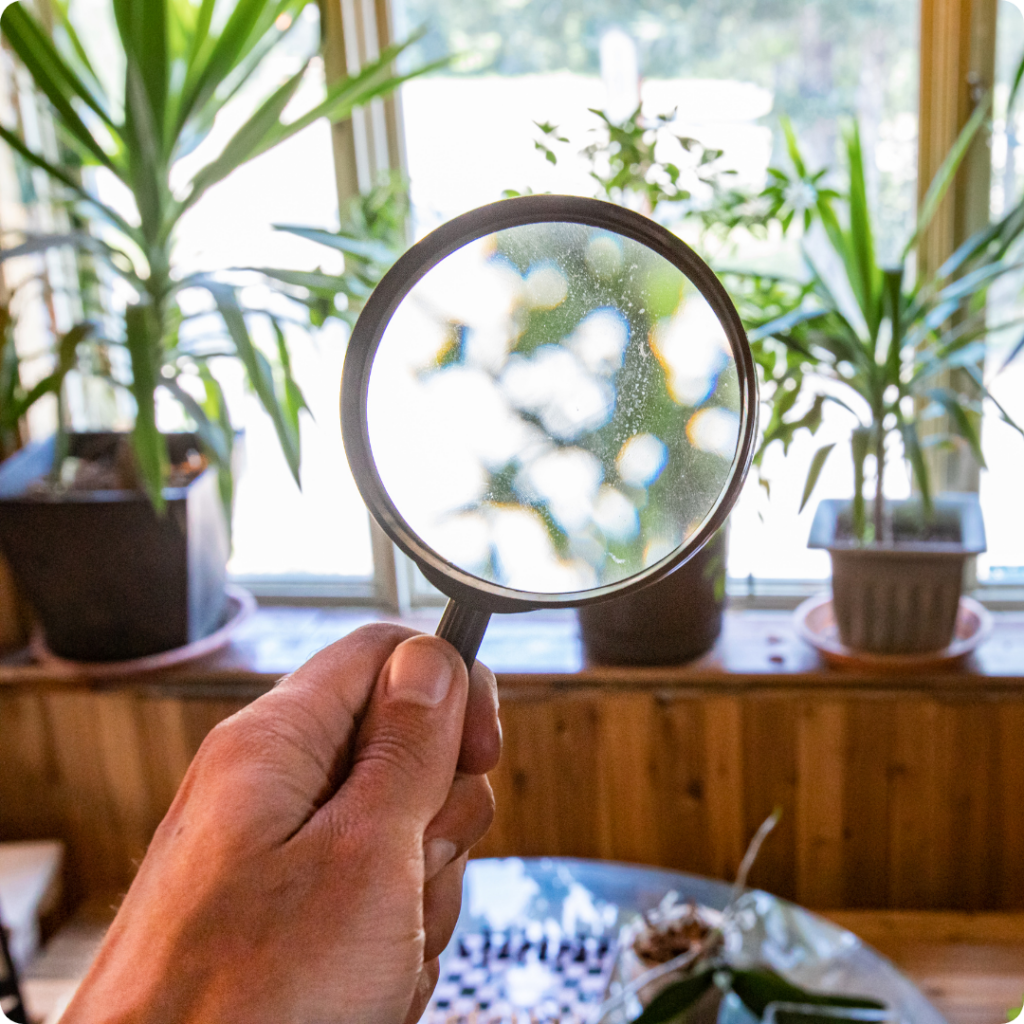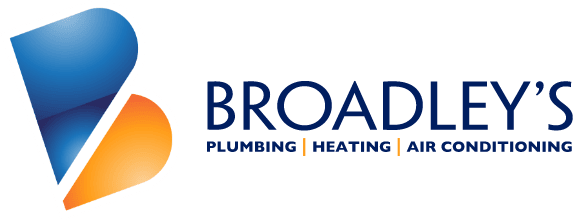5 Indoor Air Quality Tips For South Jersey Residents

Indoor air quality (IAQ) has always been something we should think about, but in recent years, it’s become a top of mind issue for lots of people. Keeping the air clean inside homes and businesses leads to better health, and improved comfort. There are some things you can do to improve the air quality in your space, and some things you can hire a professional to do.
We have been taking care of the comfort in homes and businesses in the South Jersey area for decades. During this time, we’ve learned a lot about indoor air quality, and how it impacts the homes in our community.
In this article we will go over a few steps that will help you keep the air in your home clean, and why it’s important to prioritize indoor air quality. If you’d like to speak to someone about the air quality in your home or business, give us a call at (609) 390-3907, or contact us online.
Contact Us About Your Indoor Air Quality
Why Is Indoor Air Quality Important?
Most people spend most of their time indoors. Whether it be at home, at work, or going to businesses like restaurants or retail stores. Poor IAQ can lead to a range of health issues, from minor irritations like headaches and fatigue to more severe conditions such as respiratory diseases, heart disease, and even lung cancer.
Now, we can’t control the air quality in every business or office, but we certainly can in our homes. And if you are the administrator of an office or business, you can make sure that your business is a pleasant place to be, for your customers, employees, and yourself.
For those with breathing issues like asthma or allergy sufferers, keeping the air clean is a great way to alleviate symptoms and feel more relaxed. This is also important for older people or small children who have weaker immune systems.
Indoor Air Quality Tips For Your Home Or Business
Enhancing the air quality of your space doesn’t have to be complicated or expensive. Here are five indoor air quality tips for your home or business:
Change Your Air Filter

Changing your air filter is one of the easiest, simplest, and most effective ways to improve indoor air quality.We recommend you change the air filters in your heating, ventilation, and air conditioning (HVAC) systems once every two months. These filters trap dust, pollen, pet dander, and other airborne particles, preventing them from circulating through your indoor space.
After so much air passes through the filter, it starts to clog up with airborne particles. This is going to prevent the air from flowing properly from your HVAC system, and it’s also going to make the air in your home dirtier. Changing this filter regularly is a good way to keep the air clean and flowing properly around your home.
This is a task you can perform on your own. We recommend that you buy a few filters at a time, keep a few in storage, and change them as you need to. This way you aren’t running out to the store just for a filter every few months. If you need a little help with how to change your air filter, ask your technician during a regular maintenance, or check out our video below!
Schedule A Service For Your HVAC System
Regular maintenance of your HVAC system is not only important to its operation and efficiency, but also helps improve your indoor air quality. When you have your system serviced, a technician will clean the components, and make sure your HVAC system is ready to keep you comfortable. They will also change the air filter.
This cleaning will take care of any sort of dirt or buildup in the system that could be getting into your ducts. We also recommend you take a look at your vents and ducts to see if they could use a cleaning. Duct cleaning should be done every 2 years or so.
Install Humidity Control – Humidifiers & Dehumidifiers
Humidity isn’t something everyone thinks about when it comes to IAQ. Maintaining the right humidity level will make your space more comfortable and the air healthier. Too much humidity can encourage the growth of mold and mildew, while too little can lead to dry skin, irritated airways, and increased susceptibility to respiratory infections. If you have wooden furniture, fixtures, or instruments they are also impacted by humidity that is too high or low.
Using humidifiers and dehumidifiers can help maintain an optimal humidity level, generally recommended to be between 30-50%. There are single room systems, or humidity control that plugs straight into your ventilation system and treats the whole space.
Improve Your Ventilation
Improving ventilation is an easy way to enhance indoor air quality. This can be as simple as opening windows to allow fresh air to circulate. However, at times when we are using the heat or air conditioning, you will want to keep the windows closed. In these situations, mechanical ventilation systems can introduce fresh air without losing the efficiency of your heating or cooling systems.
The air inside your home can be 2-5X dirtier than the air outside, and making sure that you get fresh air inside may be the best way to keep your air healthy.
Install An Air Purification System
Air purifiers can be an excellent addition to your indoor air quality improvement efforts. These systems are designed to remove pollutants from the air, including dust, smoke, pollen, and volatile organic compounds (VOCs). When choosing an air purifier, consider one with a High Efficiency Particulate Air (HEPA) filter, as these are highly effective at trapping microscopic particles.
We are fans of the RGF Reme Halo family of IAQ products. They have whole home, in duct air purifying systems that actively clean the air. Air filters are great, but these systems are a whole different ball game.
Read More: Enhancing Your IAQ In The Winter
FAQs
Do Air Filters Have Ratings?
Yes, air filters have ratings known as MERV (Minimum Efficiency Reporting Value) ratings, which range from 1 to 16. Higher MERV ratings indicate a higher capacity to filter out smaller particles. For homes, filters with a MERV rating of 7-12 are typically sufficient, hitting that sweet spot between filtering efficiency and allowing proper airflow through the HVAC system. Filters with too high of ratings can actually impede airflow and become a problem.
What’s Different About An Air Purifier Vs. Air Filter?
While both air purifiers and air filters aim to clean the air, they operate differently and serve different purposes. An air filter is part of your HVAC system, removing particles as air cycles through the system. An air purifier is a standalone device that actively cleans the air within a home. Air purifiers can remove smaller particles more effectively than standard HVAC filters and are particularly useful for removing specific pollutants like smoke, VOCs, and allergens.
What Are VOCs?
Volatile Organic Compounds (VOCs) are gasses emitted from certain solids or liquids, including paints, cleaning supplies, pesticides, building materials, and office equipment. VOCs can have short- and long-term adverse health effects, making it important to reduce exposure to these chemicals.
Improving Indoor Air Quality In South Jersey
If you want a little help with the indoor air quality of your home or business, we can help you out. Broadley’s has plenty of indoor air quality experts who can answer your questions, and assess your situation. Give us a call at (609) 390-3907, or contact us online today!
